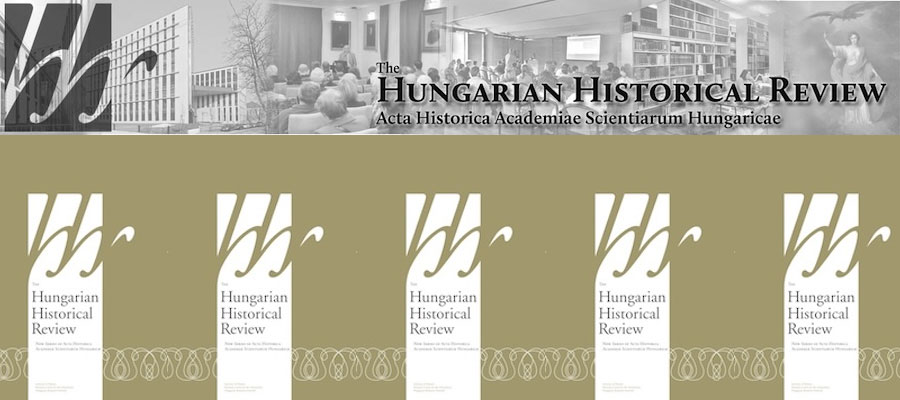Coherence of Translation Programs and the Contexts of Translation Movements, ca. 500–1700 AD, special issue of The Hungarian Historical Review (2025/2)
The Hungarian Historical Review invites submissions for its second issue in 2025, the theme of which will be Coherence of Translation Programs and the Contexts of Translation Movements, ca. 500–1700 AD.
This Special Issue aims to explore the complex historical, literary, and material backgrounds that are conducive to producing translations from any source language (Greek, Arabic, Armenian, Syriac, Hebrew, etc.) into Latin and from Latin into the vernaculars or local dialects from Late Antiquity until the end of the Renaissance period. The special issue investigates triggers and factors that helped produce Latin translations and eased the reception of Latin texts by non-Latin-using audiences. The variety of source and target languages creates a comparative framework that enriches our understanding of complex translating processes as historical phenomena.
Topics of interest include (but are not limited to):
- The birth of the idea of translating specific texts or corpora;
- The relation between geopolitical shifts and translation programs;
- The role of translators in pursuing programs;
- Translators’ development/ professionalization over the course of the centuries or within a specific epoch in pursuing specific programs;
- Movement and travel of translators as a trigger behind translations;
- Interreligious relations and cultural and economic exchange between West and East as a broader backdrop for translations;
- The role of patrons and audiences, systematizing tendencies of patrons;
- Scientific, political, educational, and religious networks behind translations;
- Personal initiatives and the lack of coherence behind translated texts.
We welcome submissions from scholars in various disciplines, including medieval and renaissance history, literary and philological studies, art history, archaeology and material culture, and Islamic, Hebrew, and Byzantine studies. We especially encourage submissions that offer interdisciplinary perspectives and engage with current historiographical debates.
The deadline for the submission of abstracts is June 15, 2024.
The deadline for the accepted papers is December 15, 2024.
